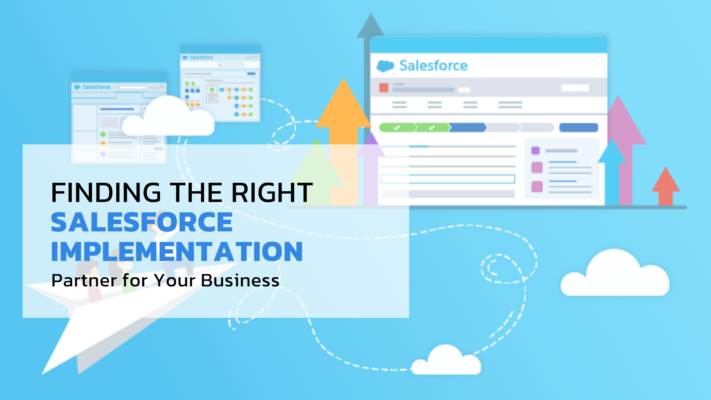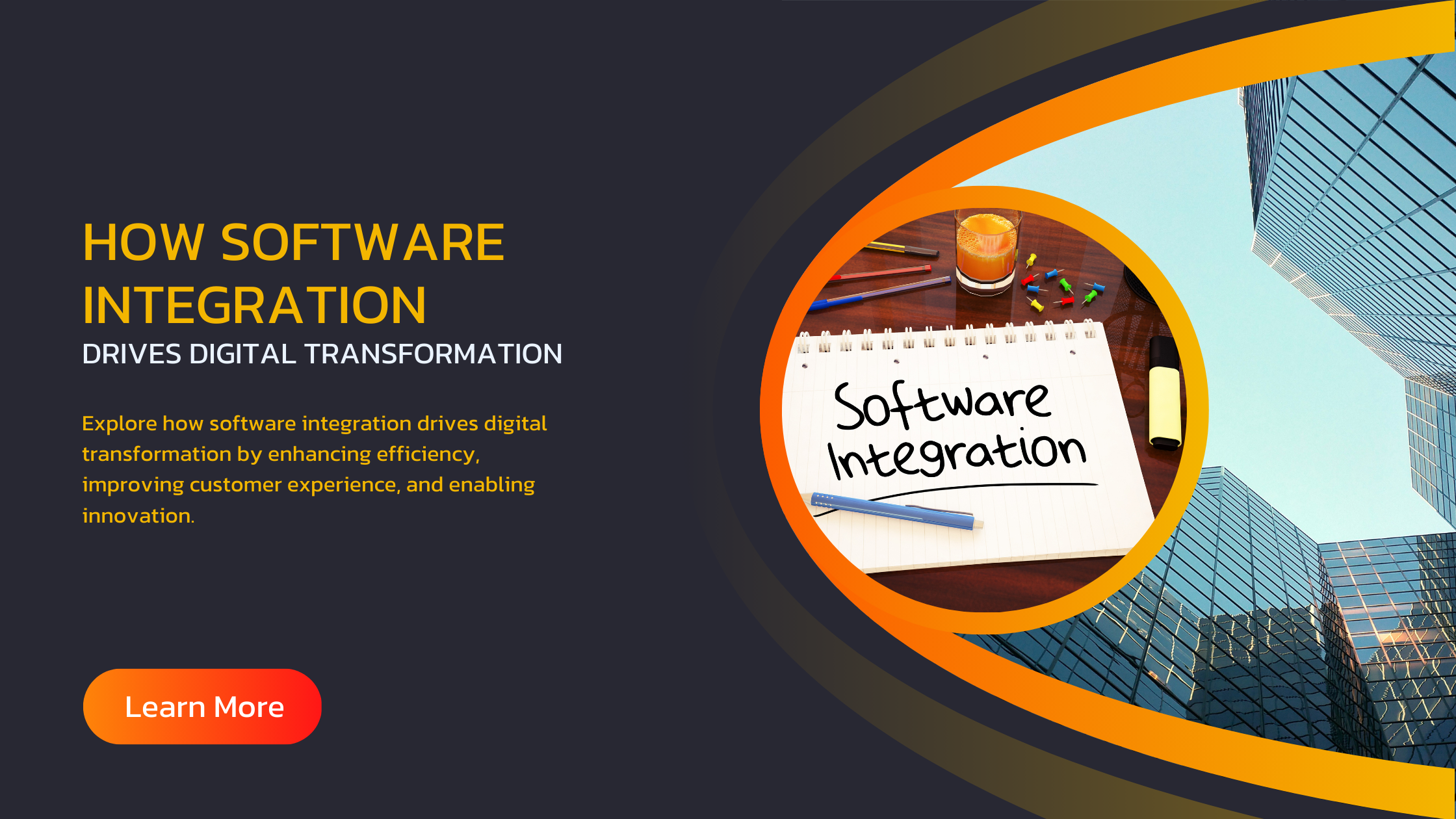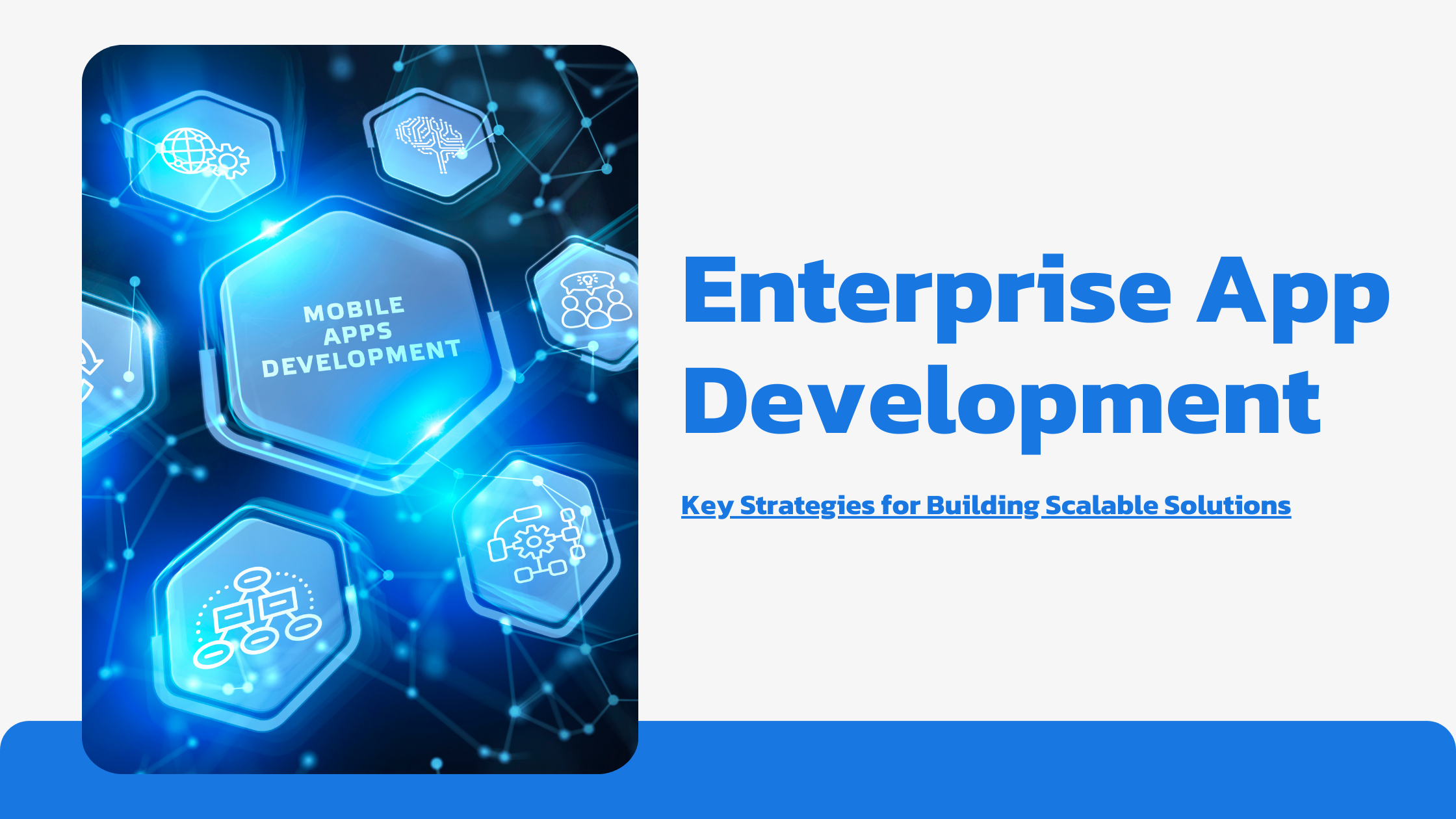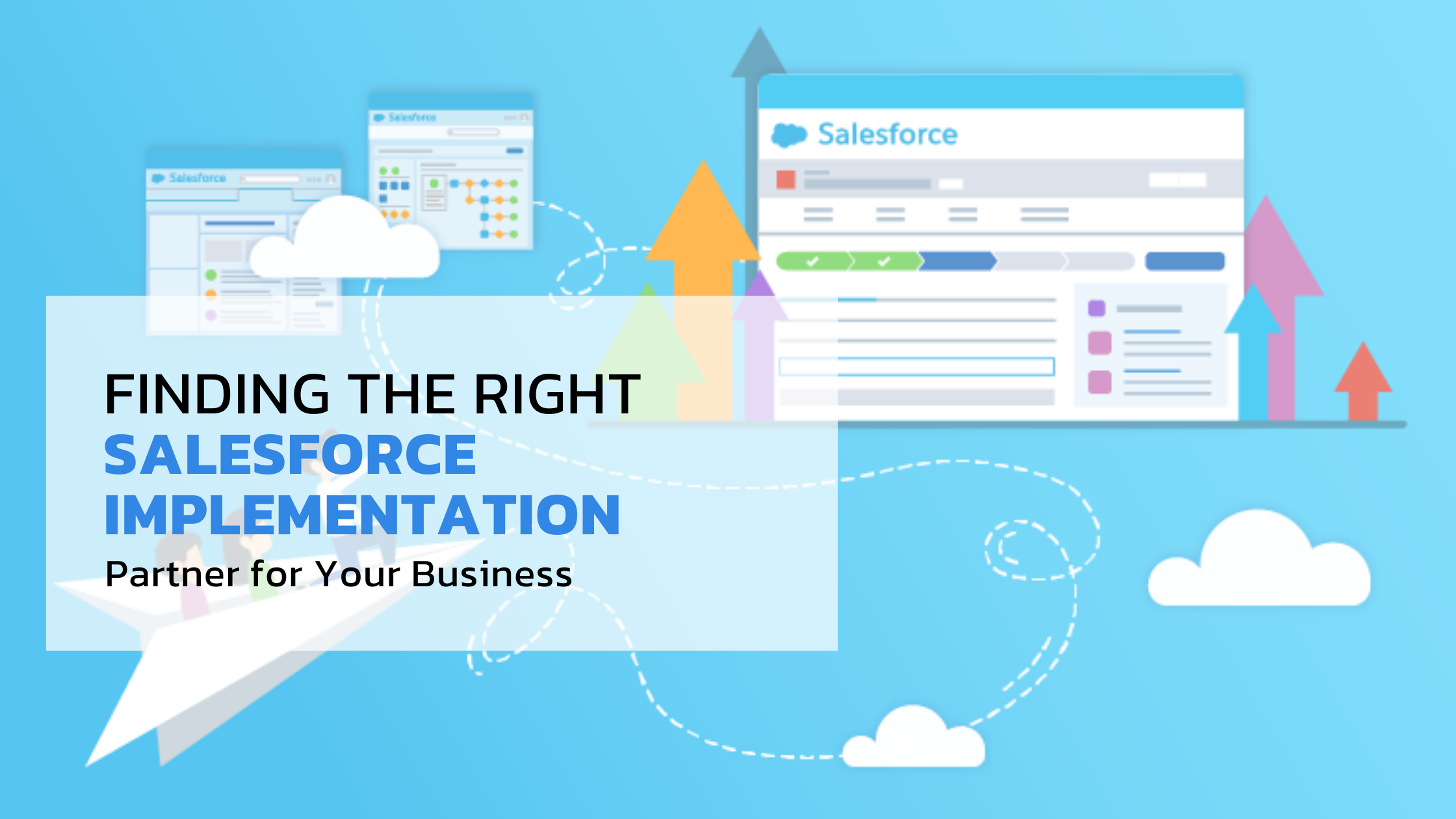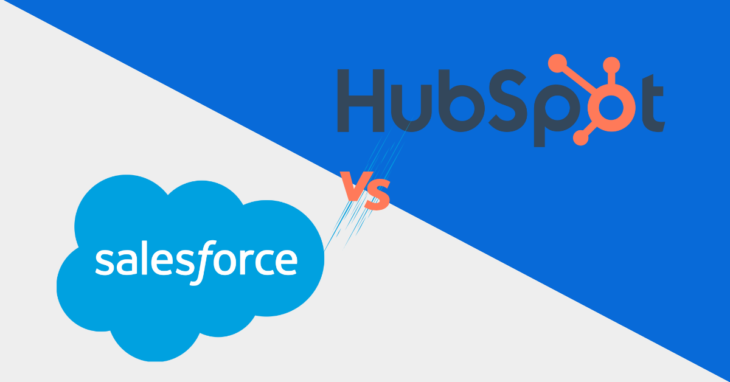
- July 16 2024
- Parshant Kashyap
In today’s fast-paced business world, having the right Customer Relationship Management (CRM) system can make all the difference in your company’s success. Two of the most popular CRM platforms on the market are HubSpot and Salesforce. But how do you decide which one is right for your business? In this comprehensive guide, we’ll dive deep into the HubSpot vs Salesforce debate, exploring their features, pricing, ease of use, and more to help you make an informed decision.
The CRM Landscape: Why HubSpot vs Salesforce Matters
Before we jump into the nitty-gritty of HubSpot vs Salesforce, let’s take a moment to understand why this comparison is so important. A CRM system is the backbone of your sales and marketing efforts, helping you manage customer relationships, track leads, and streamline your business processes. Choosing the right CRM can lead to increased productivity, better customer satisfaction, and ultimately, higher revenue.
HubSpot and Salesforce are both giants in the CRM world, each with its own strengths and weaknesses. The HubSpot vs Salesforce decision isn’t just about features or price – it’s about finding the system that best aligns with your business goals, workforce, and growth plans.
HubSpot: The Inbound Marketing Pioneer
HubSpot burst onto the scene in 2006, revolutionizing the way businesses approach marketing with its inbound methodology. Since then, it has evolved into a comprehensive CRM platform that goes beyond just marketing.
Key Features of HubSpot:
1. All-in-one platform (Marketing, Sales, Service, CMS, and Operations Hubs)
2. User-friendly interface
3. Strong focus on inbound marketing
4. Free CRM with basic features
5. Extensive educational resources and certifications
Salesforce: The CRM Powerhouse
Salesforce, founded in 1999, is often considered the granddaddy of CRM systems. It’s a robust, highly customizable platform used by businesses of all sizes across various industries.
Key Features of Salesforce:
1. Highly customizable
2. Extensive third-party integrations
3. Advanced analytics and reporting
4. AI-powered insights with Einstein AI
5. Industry-specific solutions
HubSpot vs Salesforce: A Feature-by-Feature Comparison
Now that we’ve got a basic understanding of both platforms, let’s dive into a detailed HubSpot vs Salesforce comparison across various categories.
1. Ease of Use
HubSpot: Known for its user-friendly interface, HubSpot is often praised for its intuitive design and ease of navigation. Even users with limited technical experience can quickly get up to speed with HubSpot’s features.
Salesforce: While powerful, Salesforce has a steeper learning curve. Its extensive customization options can be overwhelming for new users, often requiring specialized training or a dedicated administrator.
Winner in Ease of Use: HubSpot
2. Customization and Flexibility
HubSpot: Offers a good degree of customization, especially in its higher-tier plans. However, it may not be as flexible as Salesforce for complex, unique business processes.
Salesforce: Excels in customization. With Salesforce, if you can dream it, you can probably build it. This flexibility is particularly valuable for larger enterprises with complex needs.
Winner in Customization: Salesforce
3. Marketing Automation
HubSpot: Marketing automation is where HubSpot really shines. Its intuitive workflows, email marketing tools, and content management system make it easy to create and manage marketing campaigns.
Salesforce: While Salesforce offers marketing automation through its Marketing Cloud, it’s generally considered more complex and may require additional setup compared to HubSpot’s out-of-the-box solutions.
Winner in Marketing Automation: HubSpot
4. Sales Features
HubSpot: Offers a solid set of sales tools, including deal tracking, email tracking, and meeting scheduling. The Sales Hub provides a comprehensive view of the sales pipeline.
Salesforce: Known for its robust sales features, Salesforce offers advanced forecasting, territory management, and quote-to-cash processes that are particularly valuable for larger sales teams.
Winner in Sales Features: Salesforce (especially for larger, complex sales operations)
5. Customer Service and Support
HubSpot: Provides excellent customer support, with a wealth of online resources, active user community, and responsive support team. The HubSpot Academy offers extensive free training.
Salesforce: Offers comprehensive support options, especially for higher-tier plans. However, some users report longer response times compared to HubSpot.
Winner in Customer Support: HubSpot
6. Reporting and Analytics
HubSpot: Offers a good range of reporting options that are easy to set up and understand. Custom reporting is available in higher-tier plans.
Salesforce: Provides extremely powerful and customizable reporting and analytics capabilities. With Salesforce Einstein AI, users can access predictive analytics and AI-driven insights.
Winner in Reporting and Analytics: Salesforce
7. Integration Capabilities
HubSpot: Offers a growing marketplace of integrations, covering most common business tools. The API is developer-friendly for custom integrations.
Salesforce: Boasts an extensive ecosystem of third-party apps and integrations through its AppExchange. If there’s a business tool you need to connect, chances are Salesforce has an integration for it.
Winner in Integration Capabilities: Salesforce
8. Pricing and Value
HubSpot: Offers a free CRM with basic features, making it an attractive option for small businesses. Paid plans start at a lower price point than Salesforce but can become expensive as you add features and users.
Salesforce: Generally more expensive, especially for small businesses. However, its extensive features and customization options can provide excellent value for larger organizations with complex needs.
Winner in Pricing for Small Businesses: HubSpot
Winner in Value for Large Enterprises: Salesforce
HubSpot vs Salesforce: Industry-Specific Considerations
When comparing HubSpot vs Salesforce, it’s important to consider how each platform performs in different industries. Let’s look at a few key sectors:
1. E-commerce
HubSpot: While not specifically designed for e-commerce, HubSpot integrates well with popular e-commerce platforms and provides strong marketing automation features that can drive online sales.
Salesforce: Offers Commerce Cloud, a dedicated e-commerce solution that integrates seamlessly with its CRM. This makes Salesforce a powerful option for businesses with complex online retail operations.
2. B2B Services
HubSpot: Excels in B2B marketing and lead nurturing. Its content management and marketing automation tools are particularly valuable for service-based B2B companies.
Salesforce: Offers robust features for managing complex B2B sales cycles, including advanced opportunity tracking and account management tools.
3. Healthcare
HubSpot: While not healthcare-specific, HubSpot’s ease of use and marketing features can be beneficial for smaller healthcare providers and practices.
Salesforce: Offers Health Cloud, a specialized solution for healthcare providers that includes features like patient management and care coordination, making it a strong choice for larger healthcare organizations.
4. Real Estate
HubSpot: Provides strong marketing and lead nurturing tools that can be valuable for real estate professionals. Its property listing management capabilities, however, may be limited compared to industry-specific solutions.
Salesforce: Offers tailored solutions for real estate through its AppExchange, including tools for property management and client relationship tracking.
5. Non-profit Organizations
HubSpot: Offers a discount for non-profits and provides features that can help with donor management and fundraising campaigns.
Salesforce: Provides Nonprofit Cloud, a specialized solution for non-profit organizations that includes features like donation management and program management.
HubSpot vs Salesforce: Scalability and Growth
As your business grows, your CRM needs will evolve. Let’s consider how HubSpot and Salesforce stack up in terms of scalability:
HubSpot:
– Offers tiered plans that allow businesses to add features as they grow
– Provides a smooth upgrade path from free to paid plans
– May become costly for large enterprises with complex needs
– Better suited for small to medium-sized businesses with plans to scale
Salesforce:
– Highly scalable, capable of handling the needs of global enterprises
– Offers extensive customization to adapt to changing business requirements
– Can be overkill for small businesses but provides room for significant growth
– Better suited for medium to large enterprises or businesses with rapid growth plans
HubSpot vs Salesforce: Implementation and Onboarding
The ease of implementation and onboarding can significantly impact the success of your CRM adoption. Here’s how HubSpot and Salesforce compare:
HubSpot:
– Generally easier to implement, with a more intuitive setup process
– Provides extensive documentation and free training through HubSpot Academy
– Can often be implemented without the need for specialized consultants
– Faster time to value, especially for smaller organizations
Salesforce:
– More complex implementation, often requiring specialized expertise
– Offers Trailhead, a comprehensive learning platform, but may require additional training
– Implementation time can be longer, especially for customized setups
– May require ongoing administration and maintenance
HubSpot vs Salesforce: User Adoption and Training
The success of any CRM system depends heavily on user adoption. Let’s see how HubSpot and Salesforce fare in this area:
HubSpot:
– Known for its user-friendly interface, which can lead to higher adoption rates
– Offers intuitive tools that sales and marketing teams can quickly learn to use
– Provides extensive free training resources through HubSpot Academy
– Regular updates are generally easy to adapt to
Salesforce:
– Has a steeper learning curve, which can impact initial adoption rates
– Offers powerful features that, once mastered, can significantly boost productivity
– Provides comprehensive training through Trailhead, but may require more time investment
– Regular updates may require ongoing training and adjustment
HubSpot vs Salesforce: Mobile Capabilities
In today’s mobile-first world, having strong mobile capabilities in your CRM is crucial. Here’s how HubSpot and Salesforce compare:
HubSpot:
– Offers a user-friendly mobile app for both iOS and Android
– Provides access to key CRM features on-the-go
– Mobile app is generally praised for its ease of use and functionality
Salesforce:
– Provides a comprehensive mobile app with extensive features
– Offers offline access to data, which can be crucial for field sales teams
– Mobile app is highly customizable to match desktop workflows
HubSpot vs Salesforce: Data Security and Compliance
Data security is a critical concern for businesses of all sizes. Let’s examine how HubSpot and Salesforce address this issue:
HubSpot:
– Offers strong security features, including two-factor authentication and single sign-on
– Provides GDPR compliance tools and data privacy features
– Regular security audits and certifications (SOC 2 Type II certified)
Salesforce:
– Known for its robust security measures, including advanced encryption and multi-factor authentication
– Offers extensive compliance certifications (HIPAA, GDPR, ISO 27001, etc.)
– Provides fine-grained control over data access and sharing
Making the Decision: HubSpot vs Salesforce
After this comprehensive comparison of HubSpot vs Salesforce, you might be wondering which one is right for your business. The truth is, there’s no one-size-fits-all answer. Your choice will depend on various factors specific to your business needs, budget, and growth plans.
Consider HubSpot if:
– You’re a small to medium-sized business looking for an easy-to-use, all-in-one solution
– Inbound marketing is a key part of your strategy
– You value user-friendly interfaces and quick implementation
– You’re working with a smaller budget or want to start with a free CRM
Consider Salesforce if:
– You’re a medium to large enterprise with complex, customized needs
– You require advanced analytics and AI-powered insights
– You need extensive customization and integration capabilities
– You have the resources for a more complex implementation and ongoing management
Remember, the HubSpot vs Salesforce decision isn’t just about features or price – it’s about finding the CRM that best aligns with your business processes, culture, and long-term goals.
Conclusion: Beyond HubSpot vs Salesforce
While the HubSpot vs Salesforce debate is important, it’s crucial to remember that implementing a CRM is just the first step in transforming your business. The real value comes from how you use these tools to improve your customer relationships, streamline your processes, and drive growth.
Regardless of whether you choose HubSpot or Salesforce, the key to success lies in proper implementation, user adoption, and ongoing optimization. This is where partnering with experienced professionals can make all the difference.
At Upcore Technologies, we specialize in helping businesses make the most of their CRM investments. Whether you’re leaning towards HubSpot or Salesforce, our team of experts can guide you through the selection process, assist with implementation, and provide ongoing support to ensure you’re maximizing the value of your chosen platform.
Remember, the HubSpot vs Salesforce decision is just the beginning of your CRM journey. With the right partner and a commitment to leveraging your CRM to its fullest potential, you can transform your customer relationships and drive unprecedented growth for your business.


